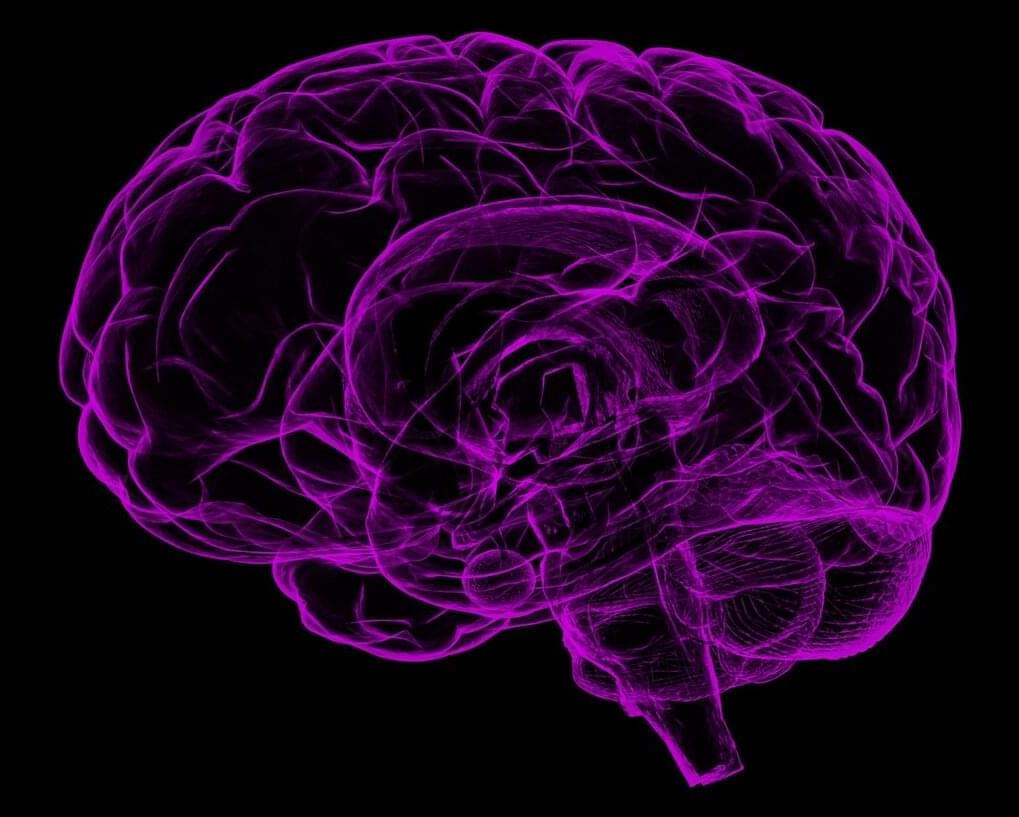Citrate is essential for the metabolism and development of neurons. A membrane transport protein called SLC13A5 plays a central role in this process and has previously been linked to a particularly severe form of epileptic encephalopathy.
Building on data from the recently completed RESOLUTE and REsolution flagship projects, scientists at CeMM have comprehensively studied the function and structure of the membrane transporter SLC13A5, experimentally investigating 38 mutant variants.
Their findings, published in Science Advances, shed new light on the mechanisms of this disease and lay the foundation for further research into epilepsy and other disorders.
